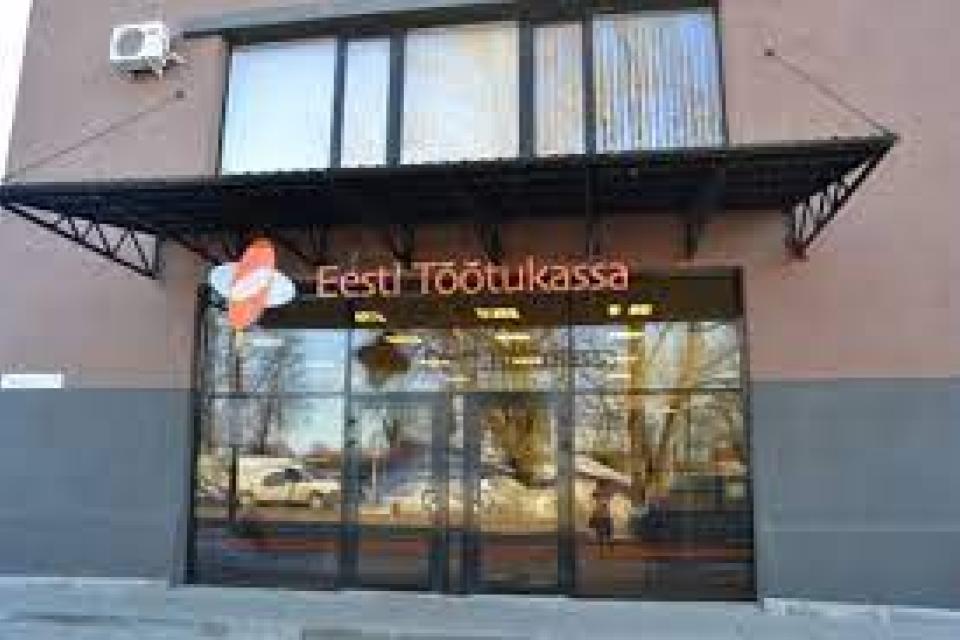The Riigikogus session, which took place on August 31, took eight drafts into the proceeding, including the draft law amending the Unemployment Insurance Act, the Labour Market Service and Support Act, and the Working ability Support Act.
According to the draft, it will create a jobseeker's allowance that will rely on the Estonian economy and labor markets' well-being, which means that the duration of getting the grants varies.
At the moment, the benefit payment period depends only on the insured person's service length during the economic recession and economic growth. The benefit is paid for 180, 270, or 360 days. Such a system has little flexibility, offering weak protection during economic downturns and strong protection during economic growth.
If the economy is not up or downswing, the compensation payment period will extend by 60 days for the said insured persons. In a bad economic situation, when unemployment is high and finding a job is difficult, the compensation payment period will extend by a maximum of 120 days.
People with five or fewer years of working experience will remain the same criteria for receiving the benefit for 180 days. In case the unemployment rate is at its average, the period of receiving the grant will not be extended. If the economic situation worsens and the unemployment rate is high, the period of receiving the jobseekers' allowance will be extended for extra 60 days.



